Social Dilemma Of Social Media For Minimal House Producers
If you’re like me, when you watched the new Netflix documentary, drama hybrid, The Social Dilemma, you felt a sense of disgust. The main takeaway: social media isn’t addicting by chance, it’s addicting by design. The effects of social media for minimal house producers is no exception.
Facebook, Google, Twitter, and the other media conglomerates invested an obtuse amount of resources into making sure that there was an active dopamine response from your brain when you use their platform – the same response people get from using drugs, or drinking alcohol, or having sex.
They hired the brightest neuro, and behavioral scientists to work hand in hand with interface designers to keep you hooked, and make their investors money. This, on top of an algorithm that feeds you tailored content based on your previous interactions, has led to the consequence of the spreading of fake news, lies, and polarization between our communities. Admittedly, this wasn’t their intention from the get go, but often the road to hell is paved with good intentions.
However, it’s a necessary evil in a lot of ways. While marketing used to be reserved for the well funded, and tightly networked, social media has opened up a sort of democratic ecosystem, where, if you play the game right (the algorithms), a budding producer can now reach a targeted fanbase with little to no investment.
This has allowed for many bedroom producers to have a shot at success based on savvy, and talent, rather than relying on a suite of marketing consultants. But with that, bears the responsibility of ultimately, these artists, no matter how big, are fueling the machine of dopamine release for ad impressions that is psychologically encouraged by these mega corporations.
However, some artists have stepped out of the rat race of social media, and forged other ways of networking. Some of these methods are creative, while others are dangerous. In this post, I hope to lay out my views on the advantages and disadvantages of social media for minimal house producers, ways to detach from the grasp of these mega corporations through alternative media channels, and techniques you can use to have a healthy media balance.
How much are we responsible, as artists and labels, for people’s addiction to social media?
As “content creators,” we are the fuel for the proverbial social media engine. By creating stuff that people interact with, we are reinforcing the reward pathways in our audience’s brain. Every time we create something quality, we are responsible for a brief dopamine release by our audience. This is what keeps our fans coming back to our page, to listen to our music, to interact with us. However, this ultimately keeps people on the platform longer, allowing advertisers to solicit them, and quick information to satiate them, which influences their opinions.
However, it’s not necessarily a bad thing if content creators are creating something that people ultimately want to see, especially artists. By putting a song out there, unless it has a greater purpose beyond just being enjoyable to listen to, we’re not creating misinformation, we are not eliciting fear, or promoting division. However, by keeping them on the platform, we provide more opportunities for these bad actors to impact our fans. We must remember that every time someone comments on our stuff, and gets a response, negative, or positive, we are stimulating that neural pathway, and keeping them hooked to the platform.
Benefits of social media for minimal techno producers
1. Promotion
This is pretty obvious. In the past, you would have to spend days sending demos and press releases to media channels to get syndicated by them. If you were more digitally savvy, you could build an email list, but that took time through creating a simple way for people to sign up for it at shows, on your site, or through general networking.
If you wanted to advertise, you would have to buy a spread in a magazine, flyer, or get on someone else’s mailing list. Spreads in magazines are expensive, and have no trackable Call To Action. Flyering is expensive too, and doesn’t have any way to track, or target. Joining someone else’s mailing list costs money too, and isn’t necessarily targeted either, as it’s someone else’s fan base, not yours.
Now, with social media, you can put a post out there, and your biggest fans will ultimately see it, because algorithmically, they are important. Additionally, if you want to promote something beyond your following, you can drop it into the hundreds of targeted Facebook Groups that exist, use hashtags, or spend somewhere between 1 and 3 cents per targeted advertisement. Sure, there is more noise now-a-days than there used to be, but you know that your ads are getting in front of people who care, and you’re not killing trees from all the paper you’re printing.
2. Networking

Nathan Dumlao
Labels, artists, groups are all on social media. It provides a channel for you to make yourself known to labels before you solicit them. You can like their posts, comment on their stuff, send them DM’s on Instagram, and tag them in your Twitter posts. After doing this enough, unless they are a huge label, they will recognize your name, and thus be more likely to check your stuff out when you eventually send it to them. In psychology, this is known as the “mere exposure effect,” where if someone is familiar with something, even subconsciously, they are more willing to engage with it.
As a producer, you most likely want to have your music spun by DJs, and respected by your industry peers. These artists are mostly all on social media. Doing the same “mere exposure” thing as you would with labels, with a little effort, you can make your name more known to them, and thus increase your odds of having them listen to your track. These artists can also provide a valuable gateway into networks that you would otherwise not have access to. By making friends with these artists through social media, you too can have some of this access.
Also, one must never underestimate the usefulness of Facebook Groups. For instance, Pheek’s Coaching Corner, the one that I run, was created to find like minded people who were into what I am into. I have made many valuable connections through it.
3. Artist pages
Most labels expect you to have a social media presence (except in rare exceptions, which I will get to), since it shows a sense of professionalism. It also allows for promoters, and other industry people to gauge marketability, thus leading to more opportunities.
Disadvantages of social media for minimal house producers:
1. Takes away time for creative things
Social media is distracting for the same reason why it’s useful – it produces dopamine release for you just as much as it does for fans. By interacting with social media, you are participating in this neverending feedback loop. Therefore, this feedback loop can distract minimal house producers from actually creating. As Chris Liebing recently said on his DJ’s and Beers podcast, every time he replies to someone’s comment on Instagram, that is just one more thing that is keeping him away from making music.
While larger artists like Liebing might be more desensitized to their social media interactions, since they get so many, for a small artist, a new comment, or new like can be very distracting, since it produces a high, in a way. Every time your phone vibrates, or dings, you are being pulled away from whatever you are working on at the moment, and will eventually affect the outcome of whatever that is.
2. Mental Illness
Using social media for minimal house producers can be dangerous. 73% of musicians report suffering from a mental illness of some sort, and are three times more likely to suffer from depression.
Additionally, research has shown that social media use is causated to increased depression. In a study published in the Journal of Clinical and Social Psychology, researchers concluded that, “What we found overall is that if you use less social media, you are actually less depressed and less lonely, meaning that the decreased social media use is what causes that qualitative shift in your well-being.”
This combination is volatile, and can lead to some serious consequences, if not properly managed.
3. Private life being used for commercial interest by bigger companies.

Tony Liao
A quote that stood out to me in The Social Dilemma was the business adage, “If a company isn’t selling you anything, then you are the product.” Every interaction that you make on social media is analyzed by algorithms designed by data and cognitive scientists who are vetted to be some of the best and brightest in the world. To think that these algorithms are oblivious of your deepest personal secrets and desires is willfully ignorant. They exist to hyper target you, and sell you products, so advertisers keep on using their services. Unless you install plugins, and software, these algorithms track you well beyond the platform, looking at how you interact with all websites, not just theirs, using tracking cookies, and pixels. They listen to you on your phone, and translate what you say into text to analyze (if you think that talk to text was just a convenience, think again). That time you looked up something that only exists in your medical records? Well, that’s recorded too.
How to detach from social media for minimal house producers
You don’t necessarily have to be a slave to social media; there are artists who get away with not using it at all. Ricardo Villaobos doesn’t have a social media presence, and he’s a shining star in the minimal house scene. Nils Frahm doesn’t have one, and he’s considered one of the greatest living pianists. Burial doesn’t have one either. Neither does Aphex Twin (or at least one that is maintained in any serious manner). However, with the exception of Frahm and Burial, these artist’s careers flourished before social media was a thing.
So how are these artists able to get away with this, and what can you do as an alternative to social media for minimal house producers?
In the case of Ricardo, he made his connections by partying excessively. Late nights with promoters, PR professionals, and A&R allowed for chemically induced promises to be made, which he followed up on. While Ricardo doesn’t have a social media presence, memes of his sweaty, sleep deprived visage certainly do.

With Frahm, he had a social media presence up until 2017/2018, when he decided to deactivate it before working on All Melody. By this point, he was already a globally recognized artist, whose label and publicist got him all the promotion he needed to sustain his career. He also studied under Nahum Brodsky, a protégé of Tchaikovsky, so he was obviously connected.
Burial had a couple things working for him. The first, is that his marketability was in his enigmaticism and mystery. Having a social media presence would have worked against him in a lot of ways. He also started sending demos to Hyperdub in 2002, years before social media was a necessity. One thing that can’t be ignored either is where Burial grew up. He went to the same school as Four Tet, Hot Chip, The XX, and dozens more. In other words, this guy was connected, whether his profile leads you to believe that or not
So what can you do if you weren’t blessed to go to private school, study under a world renowned mentor, or aren’t willing to sacrifice your health with copious late nights and consumption?
- Find out a way you can help the scene and make connections. Volunteer at events, become a journalist, throw events, become a radio DJ, intern and eventually work at a studio. These are all options.
- Do things old school – hand out fliers after shows, solicit journalists with a solid press kit, and a compelling story. Not all stories need to be about your music. If you were a refugee, or had a parent who was a murderer, or you survived cancer, these are all stories. Think of alternative publications as well. If you are really into healthy eating, you can get a story published about your diet while touring on health blogs.
- Trim down your network of relevant people to 5. It’s like real life, you don’t have a ton of really close friends. Concentrate on the people who really care about what you do, not the people who kind of care. Only care about the people who will provide honest feedback, and encourage them to help you make connections.
- Find a mentor. Just like Frahm had a teacher, so can you. They all won’t be protégé’s of fabled Russian composers, but they will have their own set of connections that when the time is right, you can capitalize on. However, it’s sometimes easier to connect with these people on social media.
Alternative social media for minimal house producers:
1. Telegram
A great social media for minimal house producers. For instance, there are 640 members in the minimal techno channel. Telegram doesn’t monetize through ads, as it’s an encrypted network. This encryption means more privacy as well.
2. Discord
Just like Telegram, there are music networks on here. Here is a list of channels.
3. Twitch
While not necessarily a forum, this is a place where established producers have opened up a community to watch them do things like DJ sets, and produce music. Artists like Kyle Geiger have been doing almost daily tutorials for music production, and answering questions. If someone has something interesting to say in the chat, you can private message them, and make a connection that way. You can also ask Kyle questions, and send him tracks. He encourages it.
4. Reddit
More anonymous, and focused, these groups, also known as subreddits, can be an excellent place to find like minded people. If you can think of a genre, there is probably a subreddit for it. People ask for feedback on tracks, DM people who they want to connect with, find playlists to be a part of, and even promote their own tracks on these forums. Major artists are often found on reddit, doing question and answer sessions, called IAMAs. It’s generally a helpful community, but beware of being too self promotional.
Ways To Moderate Your Social Media
1. Install tools to restrict access
Tools like OffTime can limit what apps on your phone you can use, between certain times, or with certain permissions. It will also track the amount of time that you use apps, which could be humbling.
If you use Chrome, there is an extension called Work Mode that allows you to block all social media URLs between designated times. Stay Focused is another great extension.
If you use something like Mozilla, there is an add on called LeechBlock, that allows you to block certain websites.
If you are concerned about them tracking you, plugins like AdBlocker and UBlock restrict this. However, keep in mind that if you end up advertising on their platforms, you will have to disable these blockers so that you can monitor your own ads.
2. Only interact with certain people so the algorithms only show you those things.
Ultimately social media will display things to you that you want to see. If you don’t want to see anything about politics, or celebrity gossip, don’t interact with it. This will tell the algorithms that you aren’t interested. Conversely, if there is something that you are interested in, then interact with those things, and the algorithm will reward you with more of that.
3. Outsource
Get someone else to manage your social media presence. You can use places like Fiverr, and UpWork to hire virtual assistants who can create, and post on your behalf, for a reasonable price. Therefore, you will have a presence, but not have to be managing it day by day. There are also apps and bots out there to streamline this process, such as HootSuite or InstaZood.
Hopefully this post provides you with some resources that you can use in order to make an informed decision about how you want social media to impact your routine as an artist. There are ways to step out of the social media game, but to do so prematurely will have long lasting effects on your success. Therefore, strategize carefully, and see what you can do about limiting your access to it, rather than disconnecting entirely. If you do feel the need to remove yourself from the algorithm’s grasp, there are ways, but it will require a lot of effort, and can be less cost effective.
Social media isn’t going anywhere, so we can either lament at its destructive capabilities, or harness it’s potential to benefit ourselves, while using tools to reduce its negative impact on our health, and society’s perceptions.

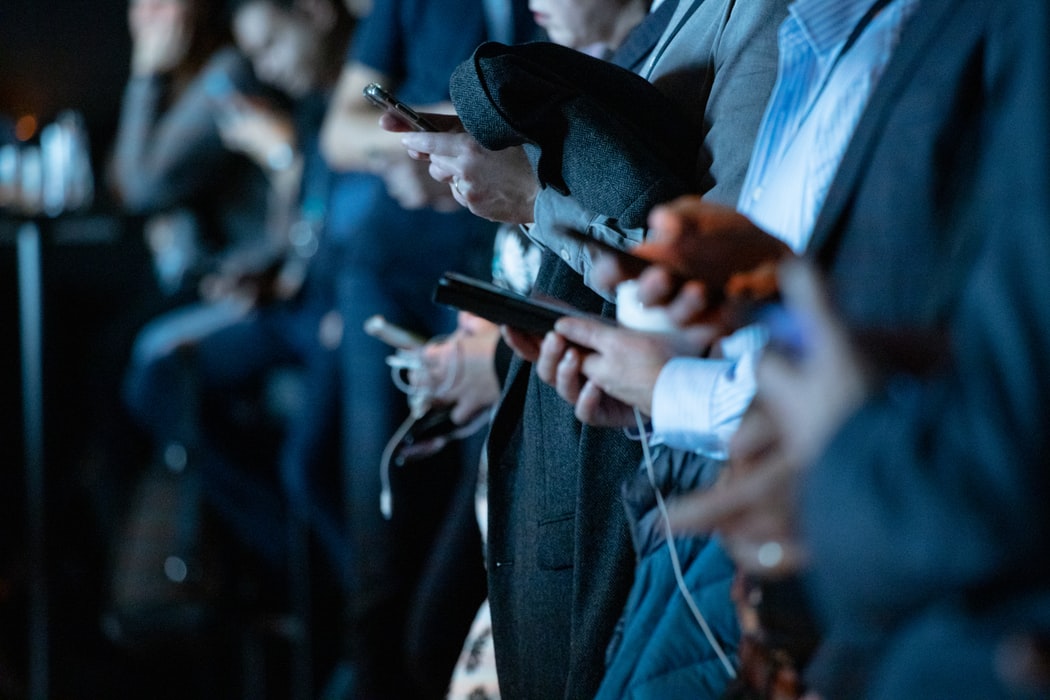

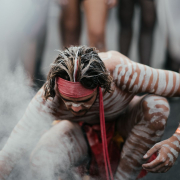
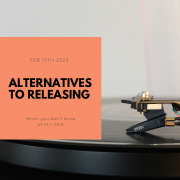
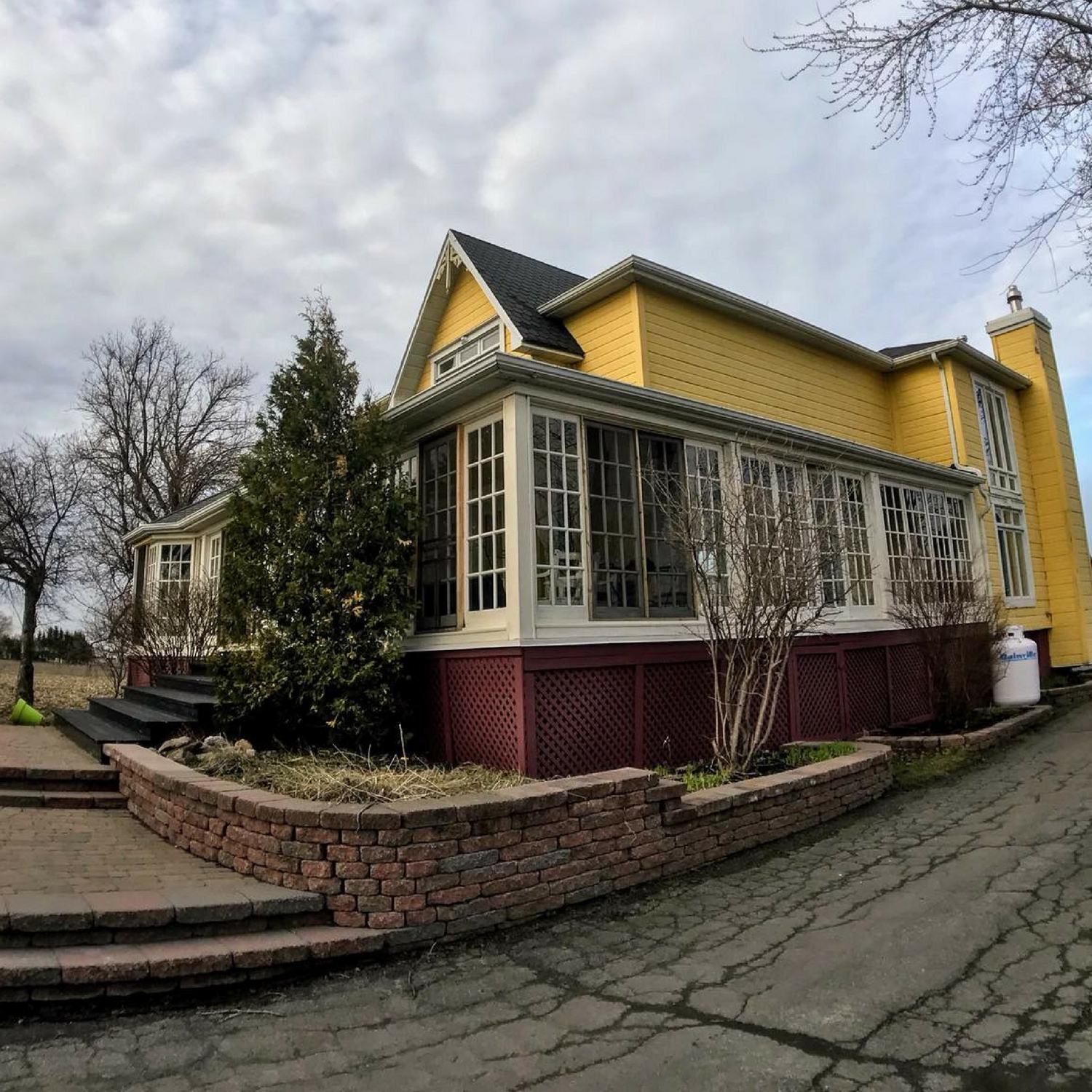
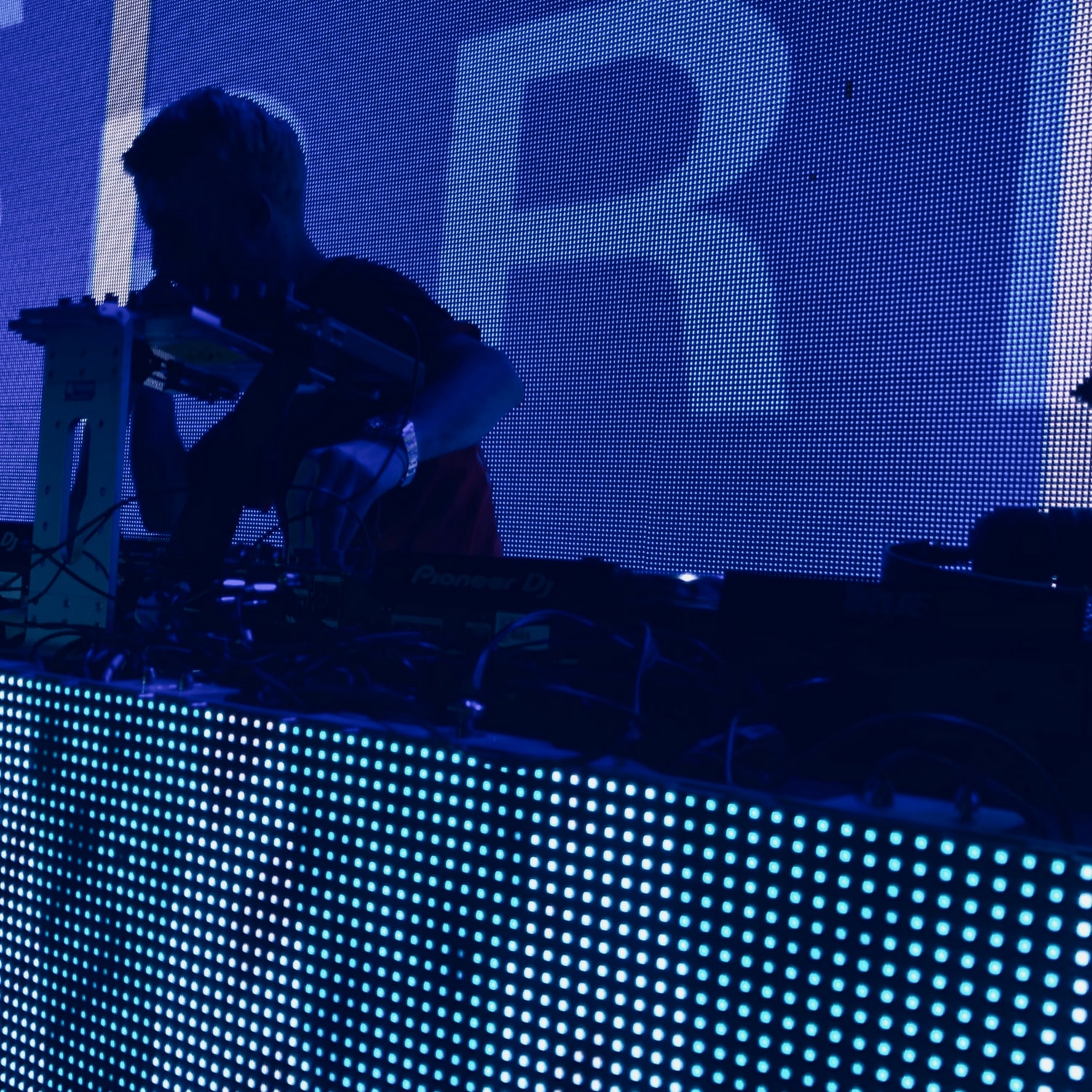
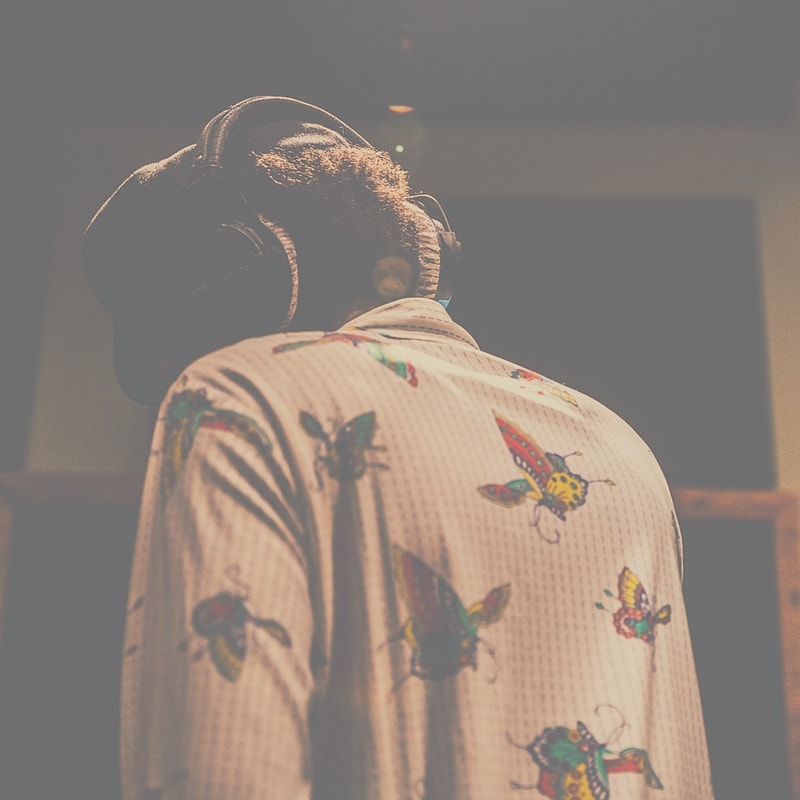
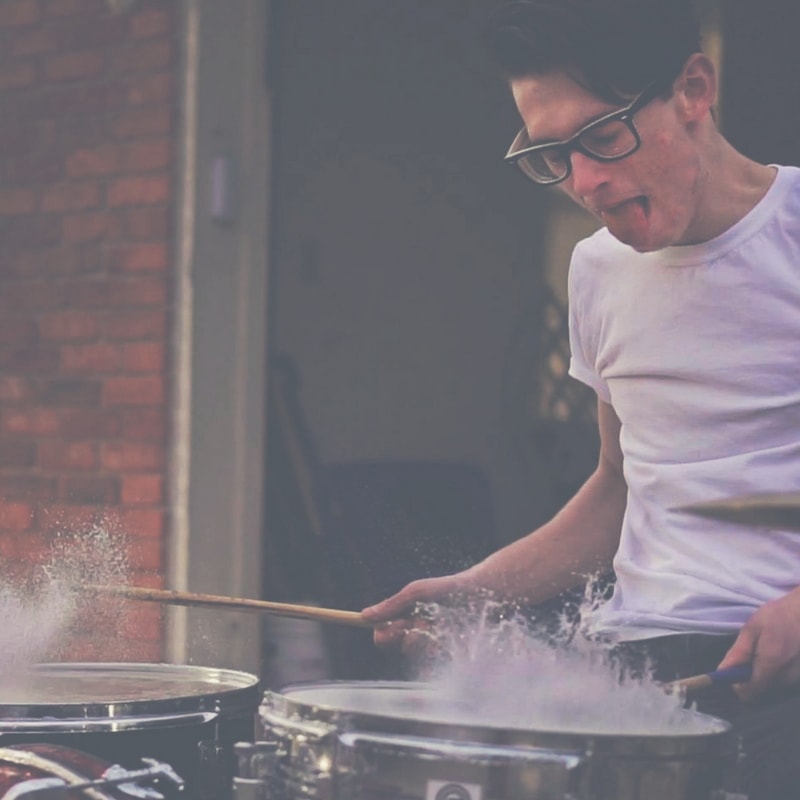
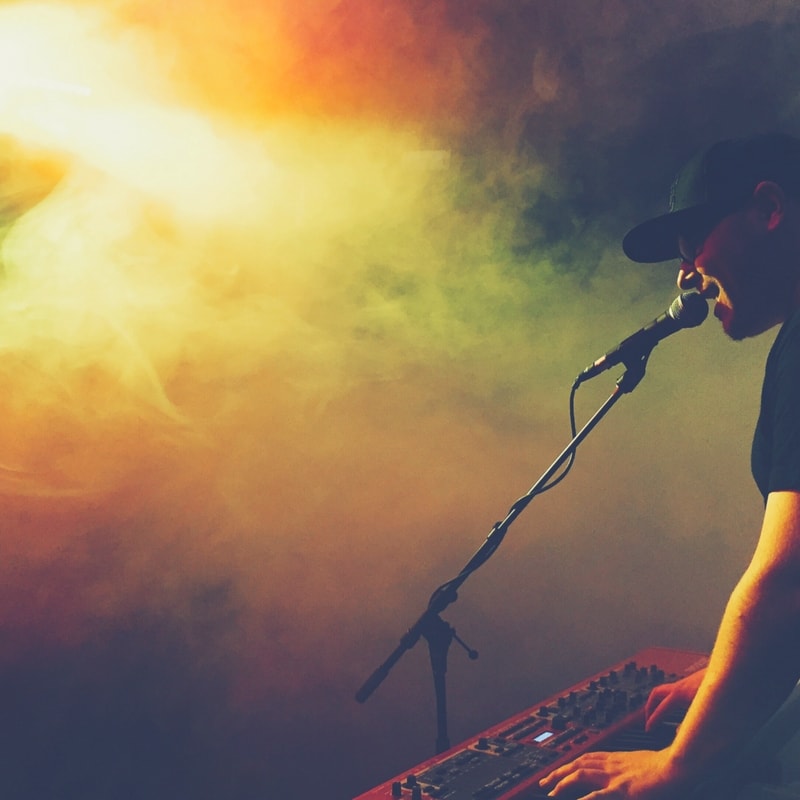

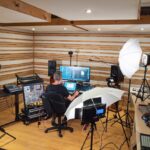
Leave a Reply
Want to join the discussion?Feel free to contribute!